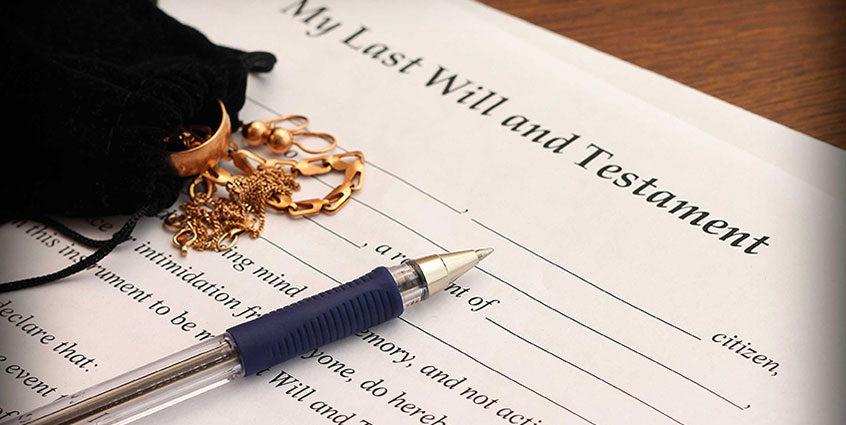A power of attorney is the type of document that can save you and your family a lot of heart ache. An Enduring Power of Attorney gives you the ability to appoint another person to act and make decision for you when you’re not capable of doing this yourself.
The types of decisions you can ask someone to make for you can be either finance and personal/health or both; and you can even give them directions on how you exercise that power. But why get one?
If you are unconscious or in bed with a broken leg and can’t get out to sign some important document, your livelihood could be at risk. If only you can make the decision you have to make, if you’re not able to make it, for one reason or another, that decision goes un-made. What if you had to sell your house for medical expenses, but you didn’t have the ability to sign it over or engage an agent? What if you had to seek an extension of time for payment of an overdue bill, e.g. mortgage, phone bill etc? If it’s just in your name, no one else has the authority to do these things, except you.
What about your health care? Who makes decisions about those types of things when you can’t? Do you want to be able to give certain directions to people about the health care you receive?
Whilst many organisations may be compassionate to your situation in some of the above situations, but they are bound by regulations and restrictions as much as the next and may not be able to help you.
It is practical issues like these that make these types of legal documents so important.
A Power of Attorney is one of the most important documents you’ll ever sign, so keep these critical things in mind:
- Your attorney must be someone you trust implicitly;
- You can limit or restrict the power you give your attorney as much as you feel necessary;
- Your attorney will be able to do anything you can do yourself (subject to any limitations or restrictions you place on them);
- Your attorney will be the person to make decisions for you until you pass away or the document is revoked (in some cases, automatically);
- If you lose capacity, you cannot revoke your attorney’s power without the help of the Court;
Yes, it is a serious document and yes, it can be a life saver in some circumstances.
If you’re an attorney for someone, you have very important obligations and responsibilities and you can be held liable if you do the wrong thing by that person. They must not be taken lightly. However, you can get advice and guidance on the power you’ve been given and what to do in certain circumstances. If in doubt, call out.
If you have questions about appointing an attorney, making changes or revoking your attorney’s power, or if you’re an attorney and have questions about your appointment or a decision that needs to be made, please contact one of our Solicitors today. You can contact us here.
read more







